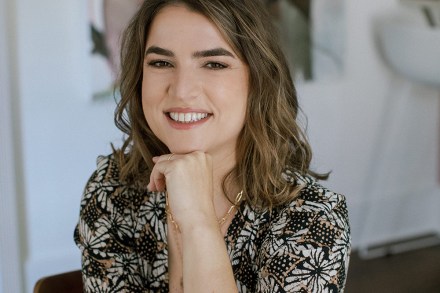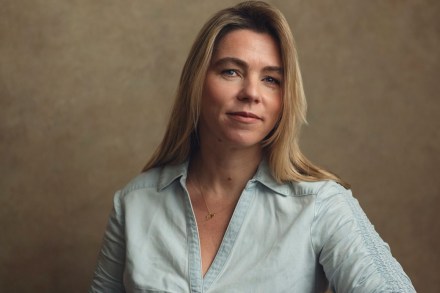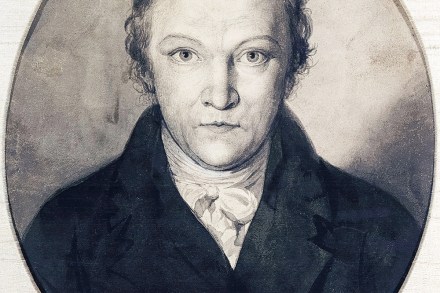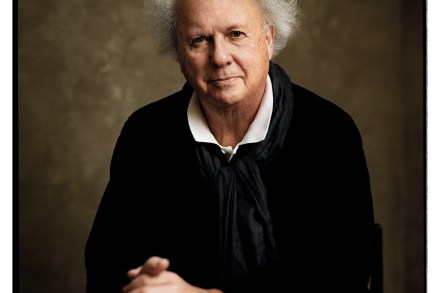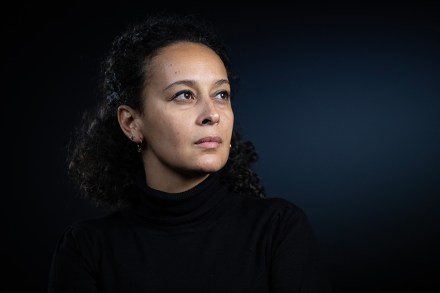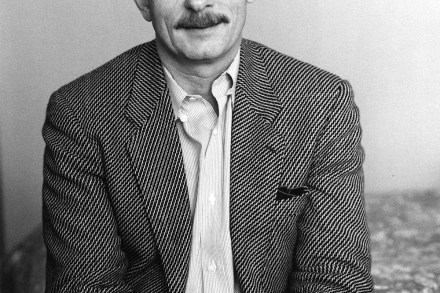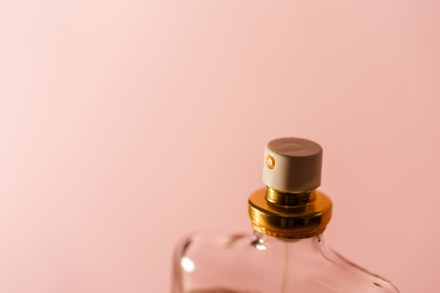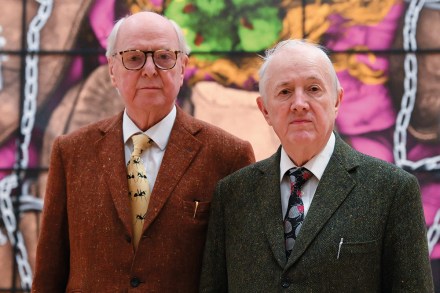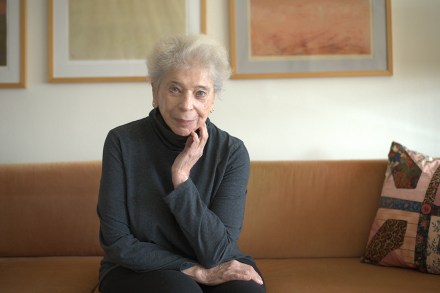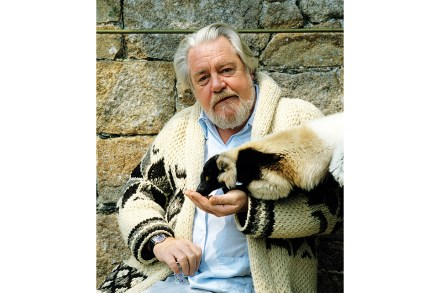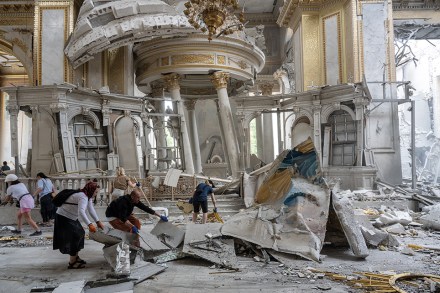‘I felt offended on behalf of my breasts’ – Jean Hannah Edelstein
Jean Hannah Edelstein is a British-American journalist and the author of a 2018 memoir entitled This Really Isn’t About You, which was about her dating life, the death of her father and her discovery that she had Lynch syndrome – which predisposes her to some cancers, as it had her dad. There is a sickening inevitability that her Breasts is at least partly about her being diagnosed with breast cancer. Yet, this is an uplifting volume, as well as a short, sharp shock. The three sections of the book, ‘Sex’, ‘Food’ and ‘Cancer’, mean that readers will know what’s coming. But before the final section, Edelstein writes perceptively about adolescence,
